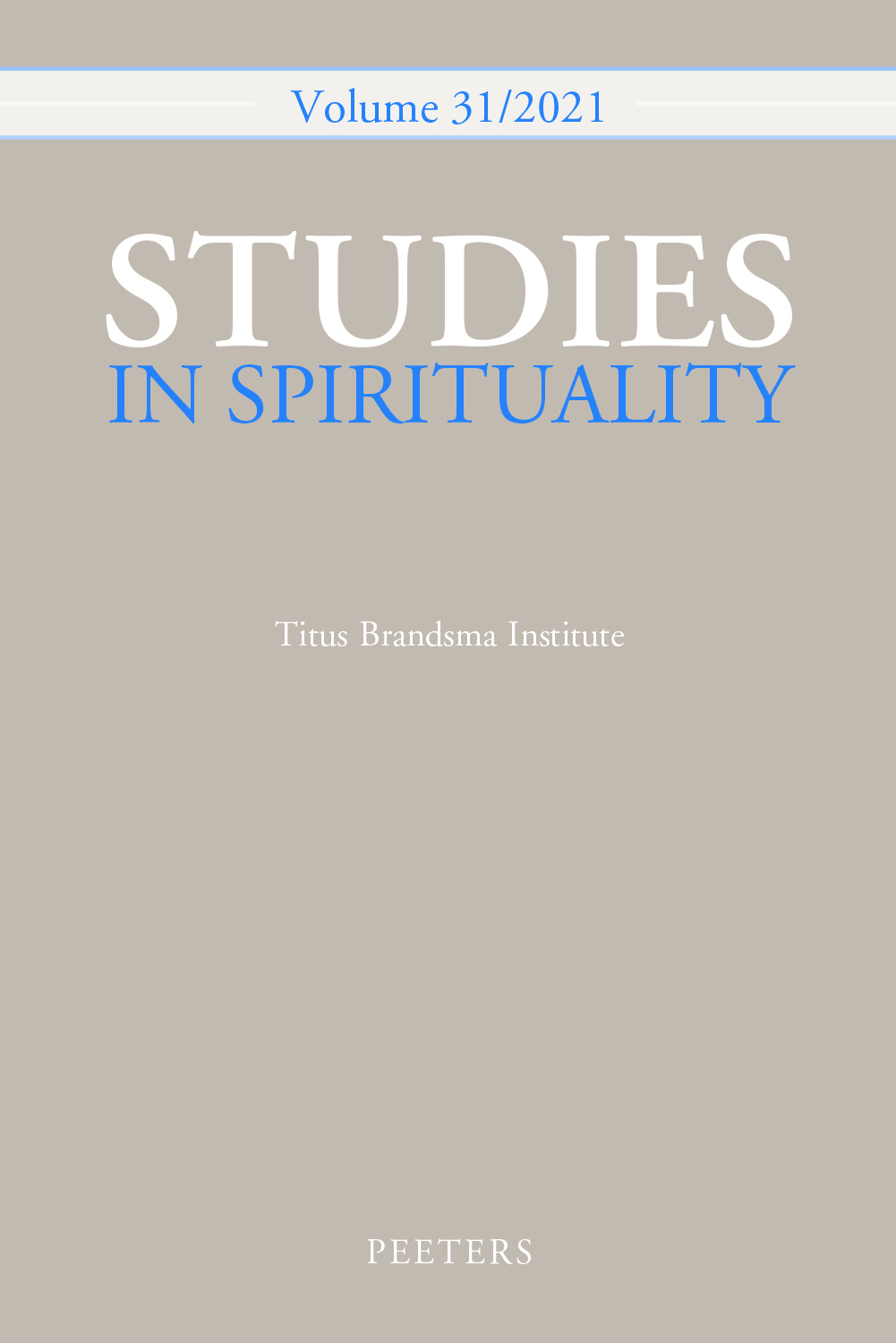 previous article in this issue previous article in this issue | next article in this issue  |

Preview first page |
Document Details : Title: Rudolf Steiner's Conception of Meditation and Spirituality Subtitle: Connecting Divinity and Nature through the Human Being Author(s): SPARBY, Terje Journal: Studies in Spirituality Volume: 27 Date: 2017 Pages: 195-218 DOI: 10.2143/SIS.27.0.3254103 Abstract : The academic study of anthroposophy is a nascent field of research. This article presents an overview of the core features of Rudolf Steiner’s conception of meditation and spirituality based on an analysis of Steiner’s work. The main aim of this form of meditation is to connect divinity and nature through the human being. This aim is realized through a three-step process of freedom, surrender, and unification. First the human being liberates itself from its dependence on material conditions, then it surrenders and connects with a greater reality beyond it, and finally it brings back the knowledge and capacities gained through the meditative practice to help inform scientific inquiry and to reshape the world. The emphasis on thought, nature, strengthening the self, and sociocultural renewal sets Steiner’s conception of meditation apart from other contemplative traditions and current conceptions of meditation, which tend to have a different and even opposite focus. Hence the study of Steiner’s conception of meditation provides a novel perspective on the significance of meditation and spiritual practice that challenges how meditation is conceived both traditionally and in contemporary culture and research. |
|


